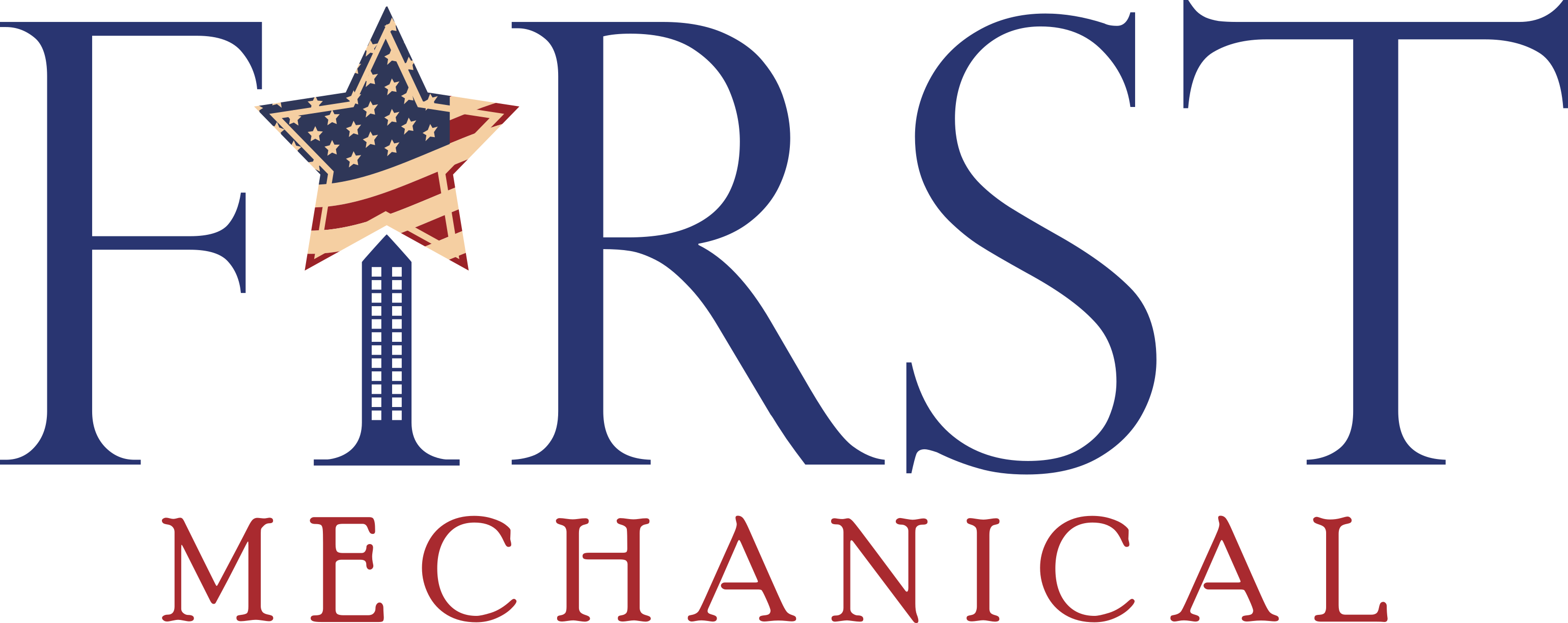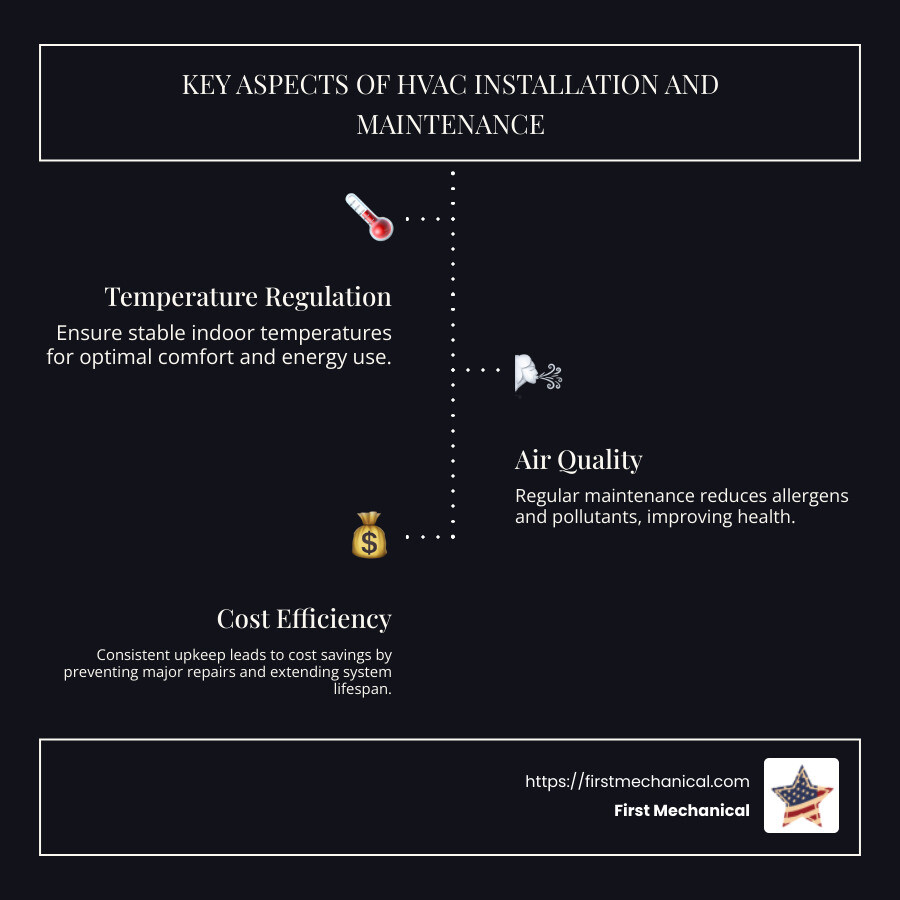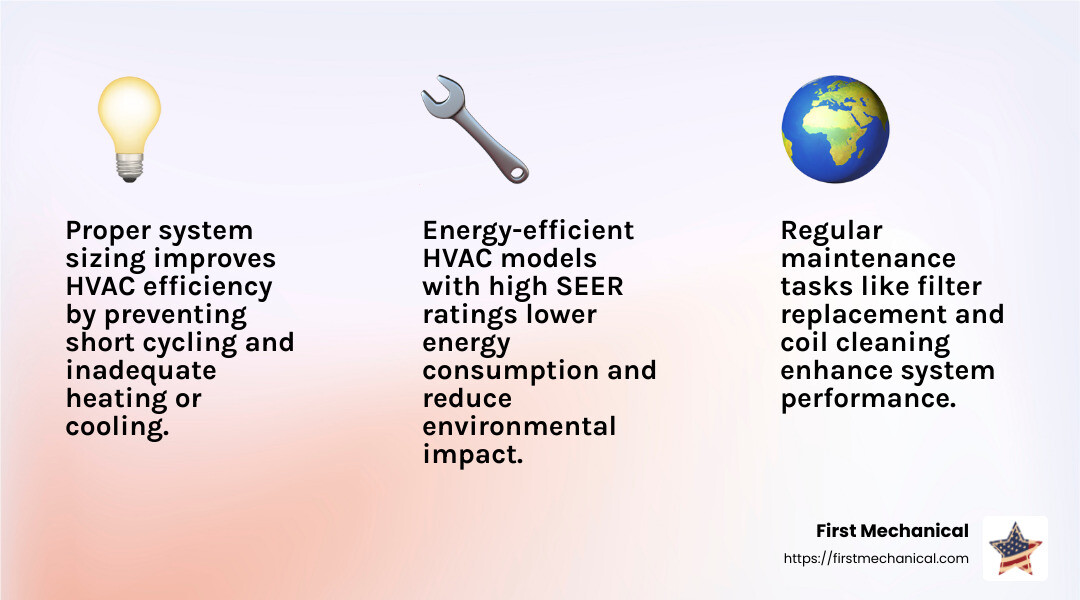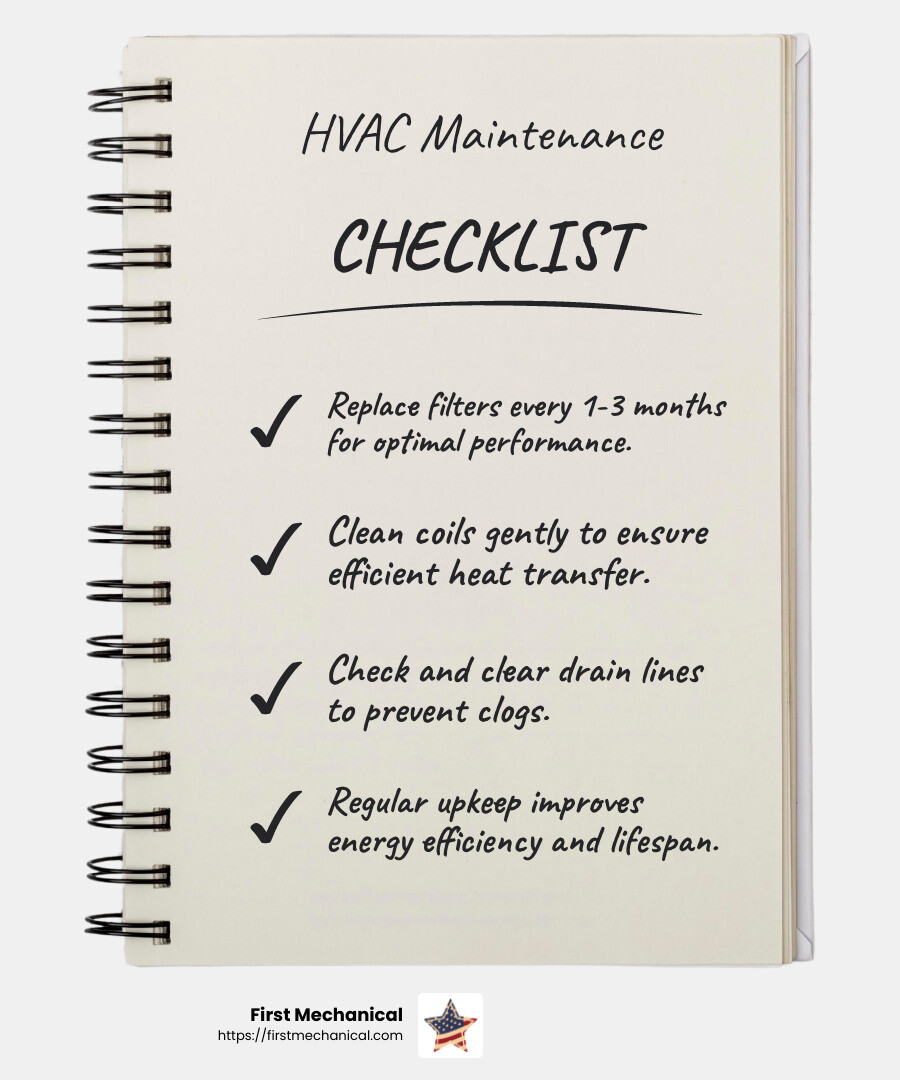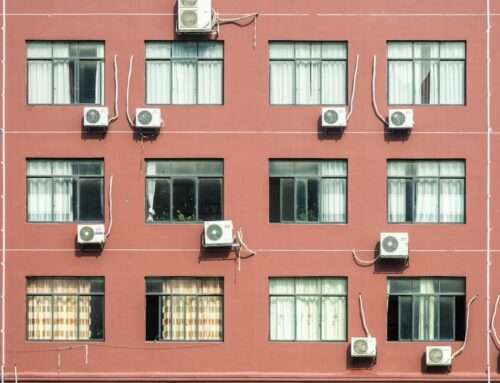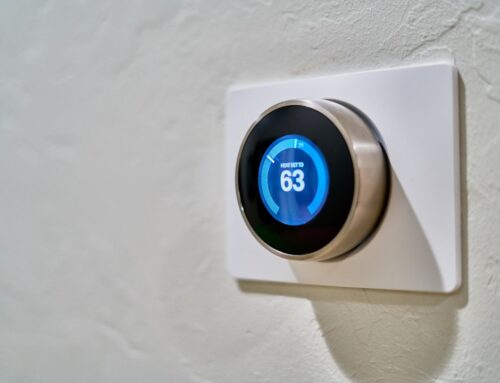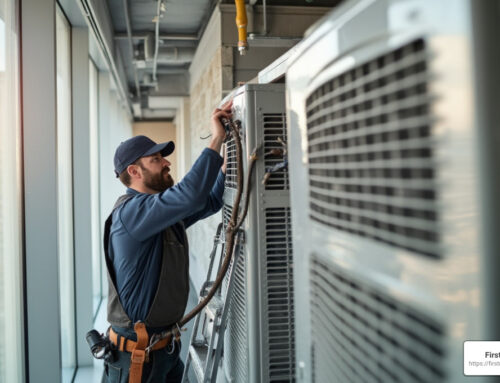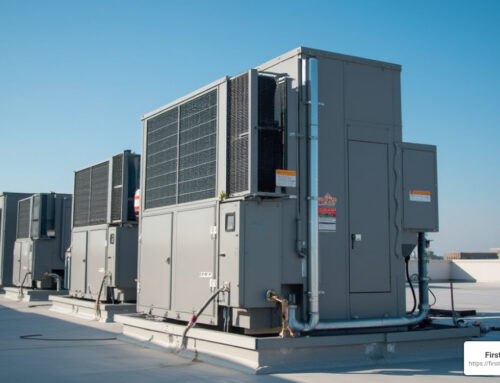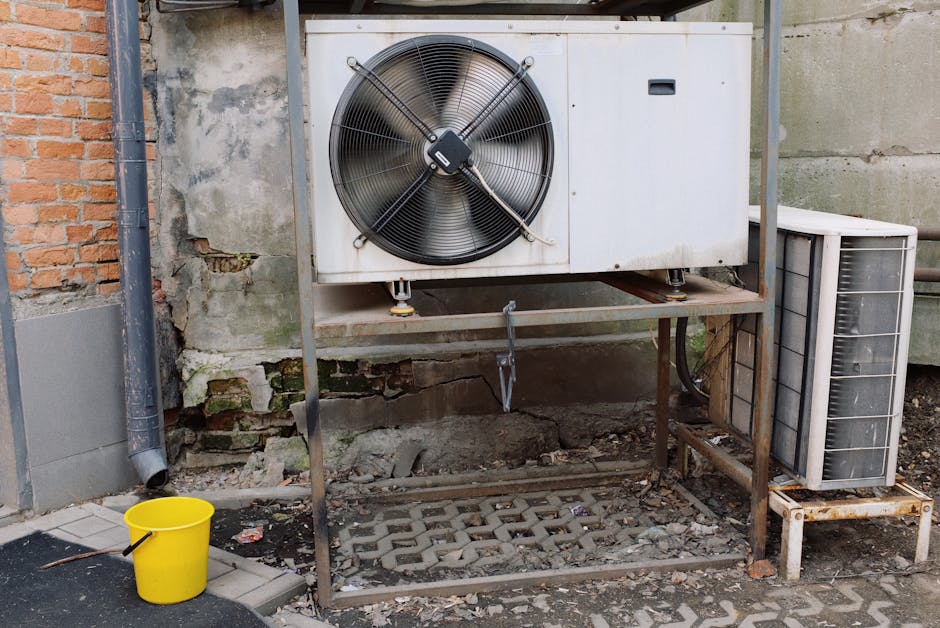
HVAC installation and maintenance are vital to ensuring comfortable and healthy indoor environments, whether it’s a busy office or a serene home in Melbourne, FL. Let’s explore the essentials:
- Temperature Regulation: An efficient HVAC system keeps indoor temperatures stable, providing comfort and optimizing energy use.
- Air Quality: Proper maintenance improves air quality by reducing pollutants and allergens, supporting health and well-being.
- Cost Efficiency: Regular upkeep prevents costly repairs and extends system life, offering substantial savings.
Understanding and maintaining your HVAC system can save money, improve air quality, and ensure consistent comfort year-round. Whether you’re dealing with New York’s winter chill or Florida’s summer heat, the right guidance ensures that your HVAC system performs optimally.
Basic HVAC installation and maintenance vocab:
– Energy-efficient HVAC systems
– HVAC building automation systems
Understanding HVAC Systems
To get the most out of your HVAC system, understand its core components, how it functions, and the factors that contribute to its efficiency.
Components
An HVAC system is made up of several key parts:
- Thermostat: The brain of the system, it controls the temperature settings.
- Furnace: Heats the air and distributes it throughout your home.
- Air Conditioner: Cools the air and removes humidity.
- Ductwork: Channels that carry heated or cooled air to different rooms.
- Vents: Openings that allow air to circulate throughout your space.
- Refrigerant Lines: Transport refrigerant between the outdoor unit and the indoor evaporator coil.
Each of these components works together to regulate your home’s climate efficiently.
Functionality
The HVAC system functions by circulating air through a series of processes:
- Heating: The furnace warms the air, which is then distributed through the ductwork.
- Cooling: The air conditioner removes heat and moisture from the air, lowering the indoor temperature.
- Air Circulation: The system moves air continuously, filtering it to remove dust and allergens.
By maintaining a balance between these functions, your HVAC system ensures a comfortable indoor environment.
Efficiency
Efficiency is crucial for keeping energy costs down and minimizing environmental impact. Here are some factors that influence HVAC efficiency:
- System Size: An appropriately sized system ensures optimal performance. Oversized systems cycle on and off too frequently, while undersized systems struggle to maintain the desired temperature.
- Regular Maintenance: Routine tasks like filter replacement and coil cleaning keep the system running smoothly and efficiently.
- Energy-Efficient Models: Upgrading to a more efficient model can significantly reduce energy consumption. Look for systems with a high SEER (Seasonal Energy Efficiency Ratio) rating.
Understanding these elements of your HVAC system can help you make informed decisions about installation and maintenance, ensuring it runs efficiently and effectively throughout its lifespan.
HVAC Installation and Maintenance
Installation Process
Installing an HVAC system is more than just placing a unit in your home. It’s about choosing the right size, ensuring proper ductwork, and considering your home’s layout for maximum efficiency.
System Size: Getting the right size is crucial. An oversized unit will waste energy by cycling on and off too often, while an undersized system will struggle to maintain the desired temperature. Think of it like wearing shoes that are too big or too small—neither is comfortable or efficient.
Ductwork: The ductwork is the highway for your heated or cooled air. It needs to be well-planned and properly installed. Poor ductwork can lead to energy loss and uneven temperatures throughout your home. Regular inspections can prevent these issues.
Home Layout: Every home is unique. The layout affects how air moves and where vents should be placed. Considerations like room size, window placement, and insulation all play a role in determining the best HVAC setup for your space.
Maintenance Checklist
Keeping your HVAC system in top shape requires regular maintenance. Here’s a simple checklist to follow:
Filter Replacement: Replace your filters regularly. Clogged filters make your system work harder, leading to higher energy bills and potential damage. Aim to replace them every 1-3 months, depending on usage and filter type.
Coil Cleaning: Dirty coils can’t transfer heat effectively. Use a soft brush to gently clean the coils, or consider a coil cleaner spray for tougher grime. Clean coils mean better efficiency and a longer system life.
Drain Line Clearing: The drain line removes condensation from the system. Over time, it can become clogged with algae or debris. Regularly check and clear the drain line to prevent water damage and system failure.
Energy Efficiency: Regular maintenance not only keeps your system running smoothly but also improves energy efficiency. An efficient system uses less energy, saving you money and reducing your carbon footprint.
By following this checklist, you ensure your HVAC system operates efficiently and lasts longer, providing comfort and savings year-round.
Benefits of Regular HVAC Maintenance
When it comes to HVAC systems, regular maintenance is key. It not only keeps your home comfortable but also brings a host of other benefits.
Cost Savings
Regular maintenance can save you money in the long run. Think of it like keeping a car in good shape—routine check-ups prevent costly repairs. By catching small issues early, you avoid expensive fixes later on. Plus, a well-maintained system runs more efficiently, which means lower energy bills.
Lifespan Extension
Your HVAC system is a big investment. Regular upkeep can extend its life, allowing you to get the most out of it. According to the International Association of Certified Home Inspectors, air conditioning units typically last 7 to 15 years. With proper care, you can reach—and maybe even exceed—the higher end of that range.
Efficiency Improvement
Efficiency is about getting the most comfort for the least amount of energy. When your system is clean and well-tuned, it doesn’t have to work as hard. This means it uses less energy to keep your home at the right temperature. A more efficient system not only saves money but is also better for the environment.
Regular maintenance tasks like filter replacement, coil cleaning, and drain line clearing are simple but effective ways to ensure your HVAC system stays efficient and reliable. By investing a little time and effort now, you can enjoy a cozy home and peace of mind all year round.
Frequently Asked Questions about HVAC Installation and Maintenance
What maintenance is required on an HVAC system?
Regular maintenance is essential for keeping your HVAC system running smoothly. Here are the key tasks:
- Filter Replacement: Filters should be checked monthly and replaced every 1-3 months, depending on usage and the type of filter. Clean filters improve airflow and air quality.
- Evaporator Coils: Over time, these coils can collect dirt, which reduces efficiency. Cleaning them annually helps maintain heat absorption.
- Drain Lines: These should be cleared regularly to prevent clogs that can lead to water damage and mold growth.
How much does it cost to install a complete HVAC system?
The cost of installing an HVAC system can vary widely. Here are some factors that affect the price:
- Home Size: Larger homes require bigger systems, increasing the cost.
- Ductwork: If your home lacks ductwork, or if the existing ducts need repair, expect additional costs.
- Cost Factors: The type and brand of the HVAC system, as well as installation complexity, also play a role. On average, a new system can cost between $5,000 and $10,000.
What are the four types of HVAC maintenance?
Understanding the different types of maintenance can help you keep your system in top shape:
- Corrective Maintenance: This involves fixing issues as they arise. It’s reactive and can be costly if problems are severe.
- Preventative Maintenance: Regular check-ups and tune-ups fall under this category. They help prevent issues before they occur, saving money and extending system life.
- Risk-Based Maintenance: This type focuses on assessing which parts of your system are most likely to fail and prioritizing their maintenance.
- Predictive Maintenance: Using technology, this approach predicts when a part might fail based on data, allowing for proactive repairs.
By understanding these maintenance types and staying on top of regular tasks, you can ensure your HVAC system runs efficiently and reliably.
Conclusion
At First Mechanical, we understand that your HVAC needs are unique. That’s why we offer comprehensive services custom to meet those needs, whether you’re looking for installation, repair, or maintenance.
Our team specializes in commercial HVAC solutions, ensuring fast response times for emergency repairs in Melbourne, FL. We know that a well-functioning HVAC system is crucial for comfort and efficiency, so we strive to provide services that keep your systems running smoothly year-round.
Why Choose First Mechanical?
- Custom Solutions: We customize our services to fit your specific requirements, ensuring optimal performance and energy efficiency.
- Expertise and Experience: With years of experience, our team is equipped to handle any HVAC challenge, big or small.
- Customer-Centric Approach: Your satisfaction is our priority. We work closely with you to ensure our services align with your needs and preferences.
Regular maintenance is key to extending the lifespan of your HVAC system, and our team is here to help you every step of the way. From HVAC installation and maintenance to building automation, we provide the expertise and support you need.
For more information on our services, visit our commercial HVAC building automation page. Let us help you achieve optimal climate comfort with our reliable and efficient solutions.
Thank you for choosing First Mechanical. We look forward to serving you!
